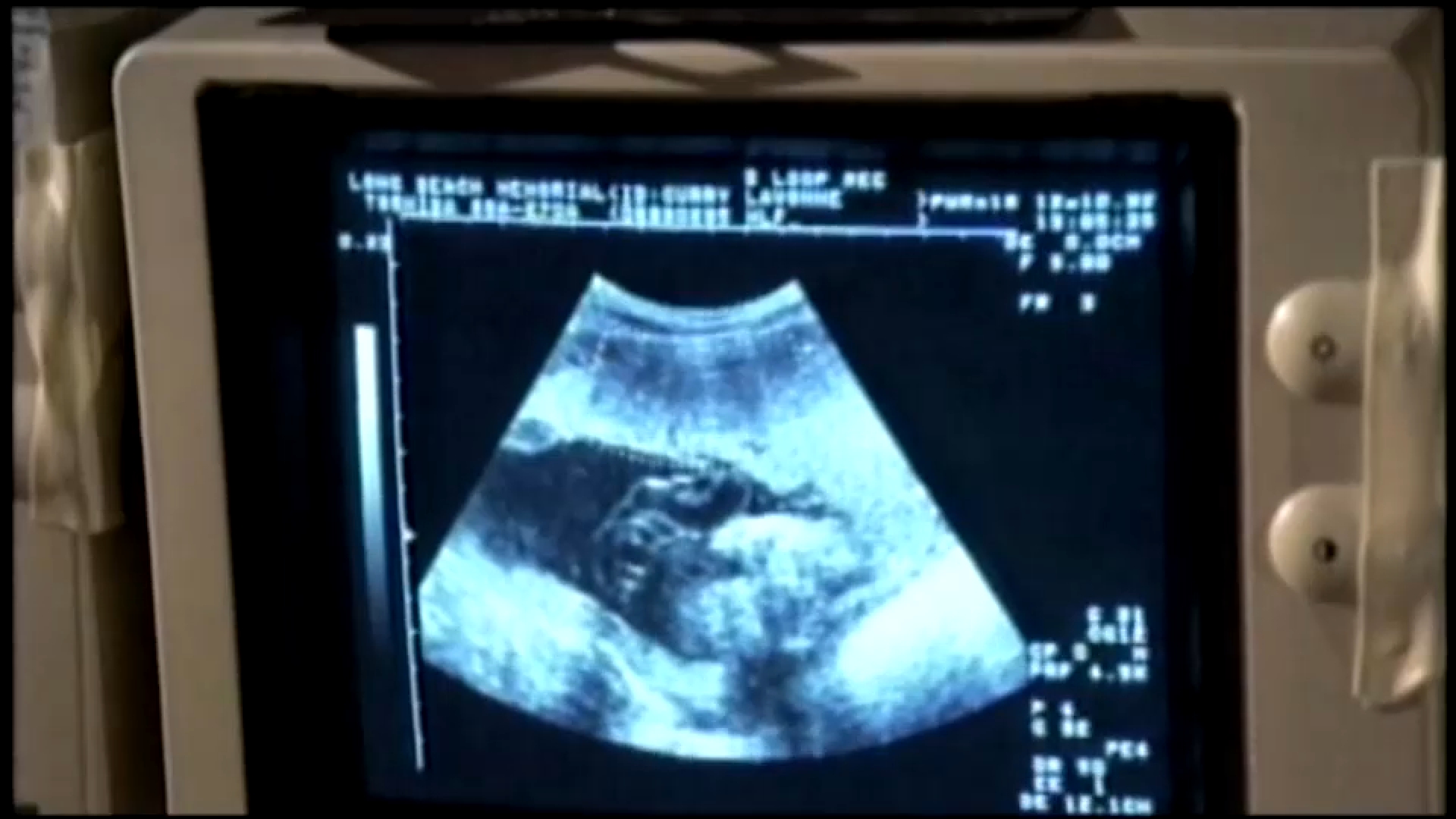Science
Columbia University Unveils Tech to Combat Preterm Birth Risks

Innovative technology developed at Columbia University aims to enhance doctors’ ability to predict and prevent serious pregnancy complications, particularly preterm birth. This initiative coincides with Pregnancy and Infant Loss Awareness Month, underscoring the urgent need for advancements in maternal health.
The research team, led by Kristin Myers, a Professor of Mechanical Engineering at Columbia, is utilizing advanced tools that simulate various scenarios to assess the health of pregnant patients. “The colors lighting up give me a percentage of stretch so we can ask questions: is this uterus stretching too much?” Myers explained. This technology identifies potential risks, especially concerning the mechanical integrity of the cervix, which can lead to preterm births—defined as deliveries before 37 weeks of gestation.
Through the analysis of patient ultrasounds, the team creates digital twins of patients that allow them to understand better the causes of preterm birth. “One of the biggest problems is just identifying patients who could be at high risk for mechanical failure of their cervix,” Myers noted.
The importance of this research is further highlighted by the personal story of Brittany Crystal, Executive Director and Founder of The Iris Fund. Crystal, who lost her daughter due to prematurity in 2017, is channeling her grief into action. Her organization raises funds to support research initiatives like those at Columbia. She is also participating in this year’s NYC Marathon to raise awareness about preterm birth and its implications for families.
“I think we need to better inform women about their risk factors when they are pregnant,” Crystal emphasized. “Right now, we do a terrible job of that.” Her advocacy aligns with the research team’s goal of developing more precise assessments for at-risk patients, which could ultimately save lives.
As the concept of digital twins continues to develop, experts believe that increased funding for this research could lead to significant breakthroughs in preventing preterm births. “We don’t fully understand why it happens. We understand there are risk factors,” said Dr. Mirella Mourad, Director of the Preterm Birth Prevention Center at Columbia University Irving Medical Center.
The intersection of technology and healthcare at Columbia represents a promising frontier in maternal health, aiming to transform how medical professionals approach pregnancy complications. With ongoing research and advocacy, there is hope for reducing the incidence of preterm births and improving outcomes for mothers and infants alike.
-

 Technology5 months ago
Technology5 months agoDiscover the Top 10 Calorie Counting Apps of 2025
-

 Health2 months ago
Health2 months agoBella Hadid Shares Health Update After Treatment for Lyme Disease
-

 Health3 months ago
Health3 months agoErin Bates Shares Recovery Update Following Sepsis Complications
-

 Technology4 months ago
Technology4 months agoDiscover How to Reverse Image Search Using ChatGPT Effortlessly
-

 Technology1 month ago
Technology1 month agoDiscover 2025’s Top GPUs for Exceptional 4K Gaming Performance
-

 Technology2 months ago
Technology2 months agoElectric Moto Influencer Surronster Arrested in Tijuana
-

 Technology5 months ago
Technology5 months agoMeta Initiates $60B AI Data Center Expansion, Starting in Ohio
-

 Technology5 months ago
Technology5 months agoRecovering a Suspended TikTok Account: A Step-by-Step Guide
-

 Health4 months ago
Health4 months agoTested: Rab Firewall Mountain Jacket Survives Harsh Conditions
-

 Lifestyle5 months ago
Lifestyle5 months agoBelton Family Reunites After Daughter Survives Hill Country Floods
-

 Technology4 months ago
Technology4 months agoHarmonic Launches AI Chatbot App to Transform Mathematical Reasoning
-

 Technology3 months ago
Technology3 months agoUncovering the Top Five Most Challenging Motorcycles to Ride





















